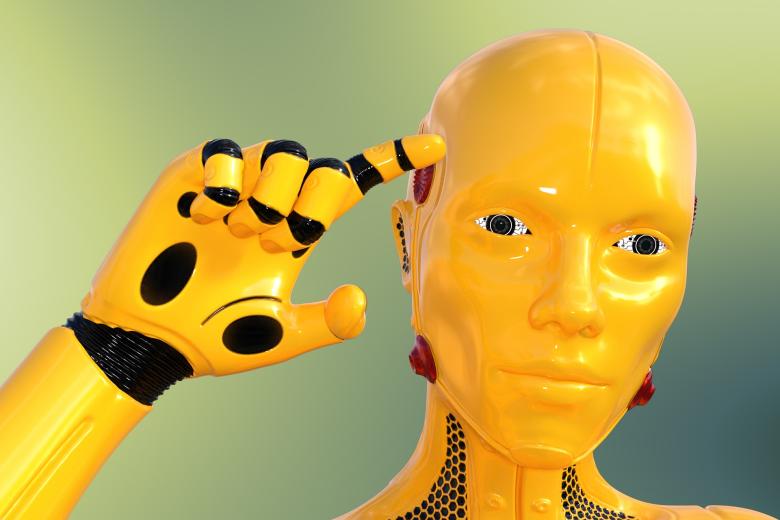
Latest blog articles
-

-
Fake news, algorithms and democracy protection: can David beat Goliath?
The massive spreading of online disinformation and deep fakes poses an ever-increasing threat to democracy and fundamental rights in the European society.

-
On liqueurs and memes: The Cassis de Dijon Case and its memes
Studying legal memes is not a usual and unfruitful endeavour but a method to understand the past, present, and future of principles and rules. It is an opportunity to include the mellifluous method of evolution in legal analysis.

-
Facing reality
With merely two weeks before the United Kingdom’s scheduled withdrawal from the European Union, Westminster still does not know what it wants and where it wishes to go.

-
Fictional interest payments and abuse of European Tax Law: new state aid challenges?
In a little more than one week we saw a series of judgements and a European Commission decision that may again test the limits of the European Union's state aid system in its application to matters of direct taxation.

-
Remedying Wrongs on a Decentralized Internet: An Exploratory Dialogue
The workshop will focus on different contributions that identify potential legal wrongs arising out of decentralization, with the goal of exploring old and new remedies (both substantive and procedural) that could correct them, while emphasizing the role of technology in delivering these potential...

-
The Butterfly Effect of publishing references to harmonised standards in the L series
A small change can have big consequences. Some of these changes may be unplanned and unpredictable. Some represent welcome developments that complement and contribute to long-running narratives of progress.

-
Human rights for righteous humans
The debate around the universality of human rights is legitimate and long-lasting. While most people instantly think of cultural and religious relativity, invoking the sharia and indigenous traditions as obstacles to universality, new forms of questioning universality - and even human rights in...

-
Should robots be given legal personhood?
Nowadays, the idea of granting robots legal personhood is considered as a serious political option: Saudi Arabia granted citizenship to the robot Sophia, certain national legislators are drafting legislation on legal personhood for robots and the European Parliament requested that the Commission...

-
Must universality of human rights give in to cultural pluralism?
Over the past decades, universality as the cornerstone of human rights has been constantly challenged by non-western societies. Legitimacy and western political hegemony intent are the underlying grounds. In the battle between universality and cultural relativism, which one should prevail?
